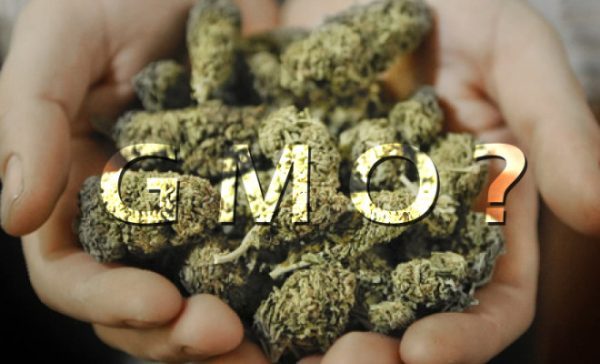Investors want to patent genetically modified cannabis
The idea of genetically modified cannabis molecules is not being well-received by critics

In Montreal, scientists at Hyasynth Biologicals laboratory are working hard trying to develop genetically modified cannabis genes. Their main aim is to modify the active ingredients contained in the plant, better known as “cannabinoids. And then, if successful, patenting them. The genetic engineering firm is one of many sprouting out of Canada and the United States as of late.
Cannabis reform is sparking light bulbs in the minds of scientists
Scientists are capitalizing on an opportunity to tweak cannabis’ natural components and transform them into both medicinal and recreational products. Albeit somewhat controversial, genetic engineering is being acknowledged by biotech companies, cannabis cultivators and pharmaceutical giants as a technique that will enable companies to effectively patent cannabis-derived genes.
If all goes to plan, billions of dollars could be pumped into the economy as investors take interest and new jobs are created.
“Patenting a gene technically isn’t any different from patenting anything else,” said Erica Lowthers, the partner of Toronto-based law firm Aird and McBurney. “The process ‘encourages innovation’ and investment by protecting intellectual property with a 20-year monopoly for new creations,” she continued.
How does the process of creating genetically modified cannabis genes work?

Genetically modified cannabis is not accomplished by touching the actual plant matter. Rather, Hyasinth Bio’s technique targets the flower-contained chemicals.
The team is attempting to master the art of genetically modified cannabis genes by altering the genetic composition of fermented yeast. This procedure has been likened to that of making synthetic perfume from the chemicals contained inside flowers.
Fascinatingly, the yeast produces its very own cannabinoids, minus the use of chemicals.
All ingredients are monitored by Hyasynth’s team of scientists, so as to ensure the air, sugar, and water are of pharmaceutical grade and quality. By using yeast, the scientists hope to create copies of cannabis’ DNA strands inside their laboratory.
“Our strains of yeast are genetically modified, but the products we sell are not GMOs [genetically modified organisms],” said Hyasinth co-founder and chief executive, Kevin Chen.
Critics are unsure about the concept of genetically modified cannabis
The idea of genetically modified cannabis molecules is not being well-received by critics, however. Cynics are concerned that private companies will be meddling with the building blocks of life if they are able to put a patent on the plant’s therapeutic genes. Concerns have also been raised regarding the potential downsides of developing engineered material.
“Companies are using genetic sequences taken from natural cannabis strains, altering them and building a product that will eventually disrupt natural markets in cannabis,” said a spokesperson for ETC Group, Jim Thomas. The Quebec-based action group focuses on addressing issues pertaining to technology, erosion, and consideration.
“Growers, farmers, breeders will become less and less relevant if these biotech companies take over the market,” said Thomas, who described the concept of patenting cannabis genes as “biopiracy” that grants big organizations the control over materials, thus giving them the upper hand over small-scale farmers for what could be generations.









